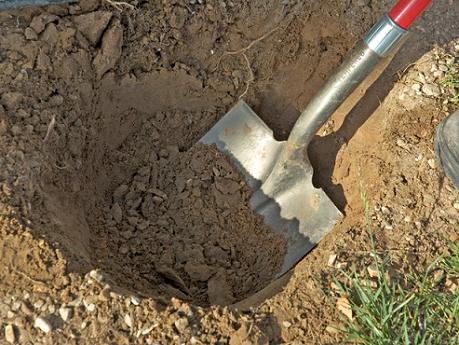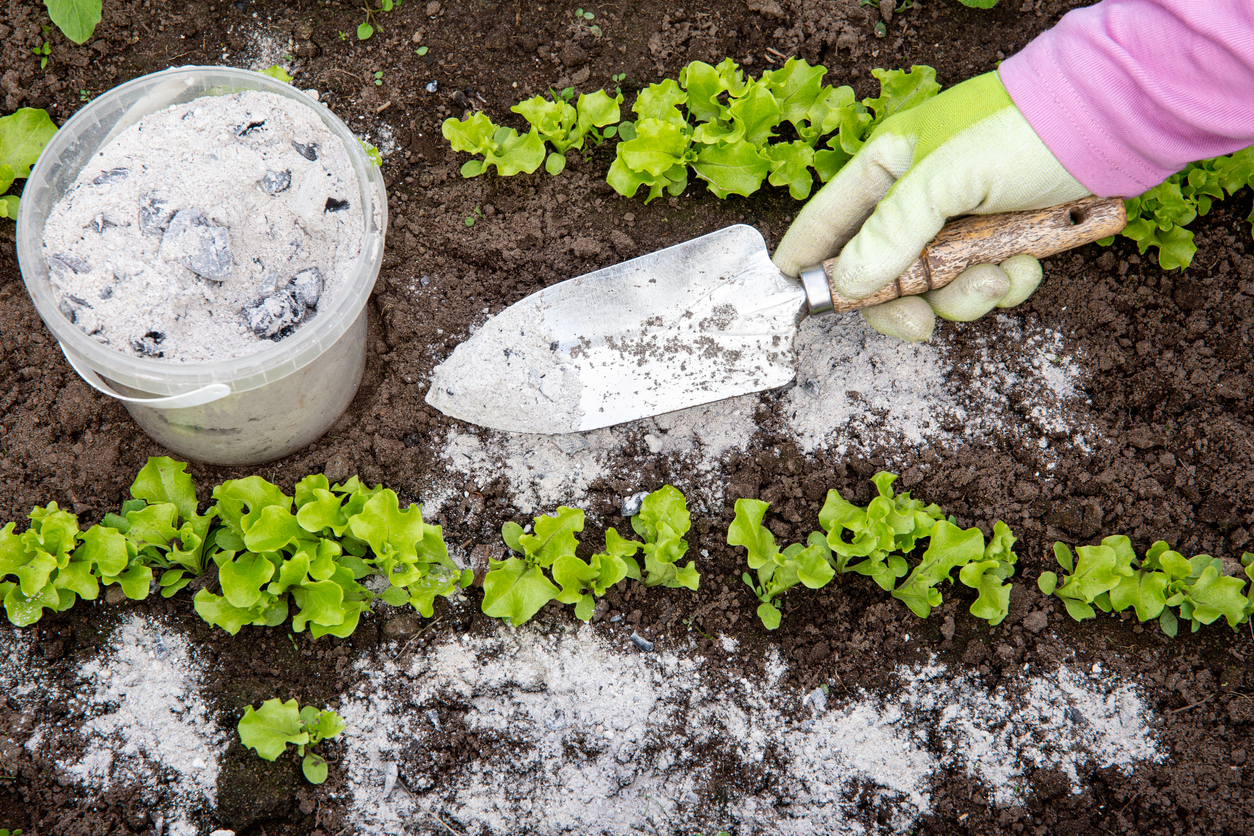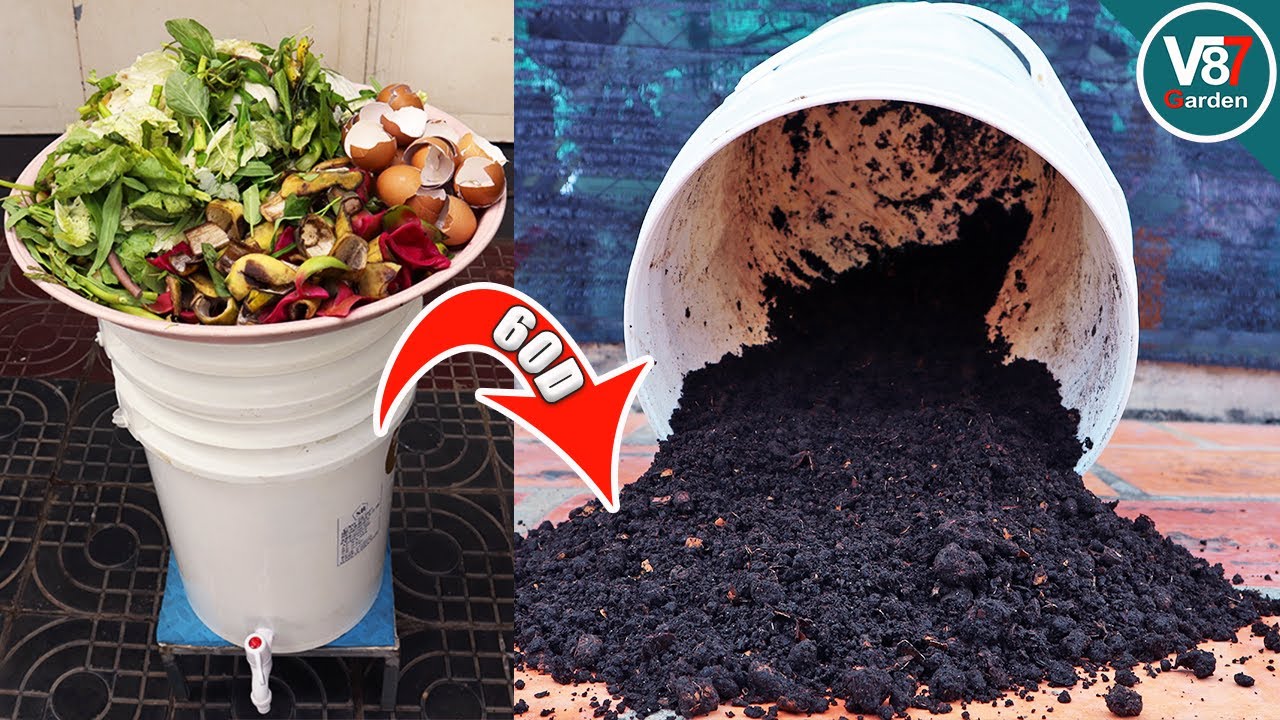How to Fertilize Blueberries Organically?
Blueberries are a delicious and nutritious fruit that can be a great addition to any garden. Whether you are growing them in pots on your balcony or in a large backyard patch, proper fertilization is essential for healthy blueberry bushes and a bountiful harvest. If you prefer to go the organic route, there are plenty of natural options available to feed your blueberries without the use of synthetic chemicals. In this article, we will explore some of the best organic fertilizers for blueberries and how to use them effectively.
Why use organic fertilizers for blueberries?
Organic fertilizers are beneficial for several reasons. They are gentler on the environment, promote soil health, and provide a slow-release of nutrients that are more readily available to plants. Synthetic fertilizers, on the other hand, can harm beneficial soil organisms, leach into groundwater, and cause nutrient imbalances in the soil. By choosing organic fertilizers, you can help create a more sustainable and healthy garden ecosystem.
When to fertilize blueberries?
Blueberries have specific nutrient requirements that need to be met at different stages of growth. It is best to fertilize blueberries in late winter or early spring before new growth appears. You can also fertilize again in late spring after the flowers have bloomed but before the fruit has set. Avoid fertilizing blueberries in late summer or fall, as this can stimulate new growth that may not have enough time to harden before winter.
Best organic fertilizers for blueberries
There are several excellent organic fertilizers that are suitable for blueberries. Some of the best options include:
- Composted manure: Rich in organic matter and nutrients, composted manure is an excellent choice for feeding blueberries. Make sure to use well-aged manure to avoid burning the plants.
- Blood meal: High in nitrogen, blood meal is a great source of this essential nutrient for blueberries. It should be used sparingly to avoid nitrogen burn.
- Fish emulsion: This organic fertilizer is rich in nutrients and micronutrients that blueberries need. It is also an excellent source of beneficial bacteria for the soil.
- Seaweed extract: Seaweed is packed with essential plant nutrients and growth hormones, making it a fantastic organic fertilizer for blueberries.
These organic fertilizers can be applied to blueberries by spreading them evenly around the base of the plant and gently working them into the top few inches of soil. Be sure to water the plants well after fertilizing to help nutrients penetrate the root zone.
Tips for fertilizing blueberries organically
When fertilizing blueberries organically, there are a few additional tips to keep in mind:
- Test your soil: Before fertilizing, it is a good idea to test your soil to determine its pH and nutrient levels. Blueberries prefer acidic soil with a pH between 4.5 and 5.5.
- Mulch: Mulching around blueberry plants with organic materials such as straw or wood chips can help retain moisture and suppress weeds.
- Rotate fertilizers: To ensure your blueberries are getting a balanced mix of nutrients, consider rotating between different organic fertilizers throughout the growing season.
- Monitor plant health: Keep an eye on your blueberry bushes for any signs of nutrient deficiencies or excesses. Adjust your fertilization schedule as needed.
By following these tips and using organic fertilizers, you can ensure that your blueberry bushes are well-fed and healthy, producing delicious fruit for years to come. Organic fertilization not only benefits your plants but also helps to protect the environment and promote sustainability in your garden.



